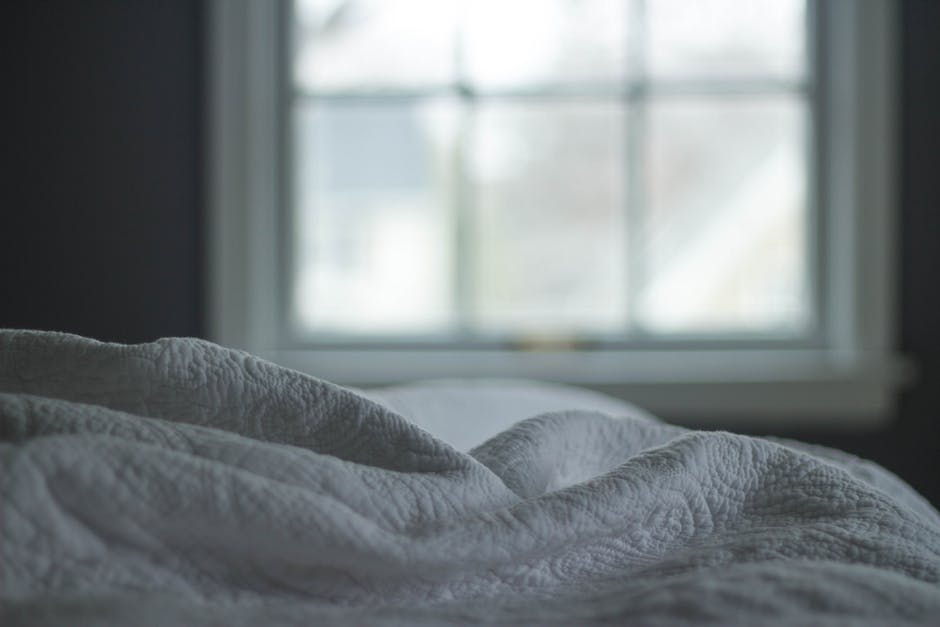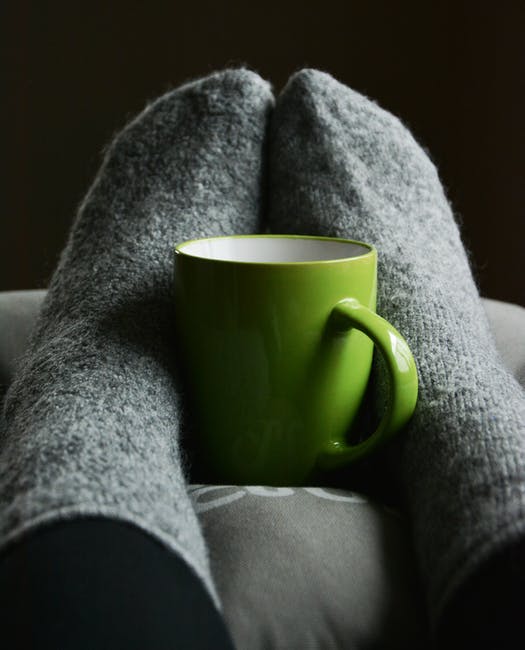
Getting a good night’s sleep is exceptionally important. It helps make sure you start your days alert, well rested and at your best. But, there is more to it than that. Getting plenty of sleep helps your immune system work at its best, fighting off infections and illness. It gives your skin a chance to rest and rejuvenate. It helps your muscles recover from exercise and grow. It takes care of your mental health and eases your stress levels, and long-term it can help to prevent countless physical and mental health issues. All the time we read about miracle detoxes, foods, chemicals or cures. Things that can give your body a huge boost. But, in reality, sleep is probably better than them all.
Despite its importance, it’s something that many of us neglect. We stay up late working, watching TV or browsing the internet, even when we know we’ve got an early start. Worse, we lie in bed playing on our phones or worrying about what we need to do the next day. Here’s your guide to getting a good night’s sleep and starting your days right.
Switch Off Long Before Bed
Mobile phones and tablets can hinder your sleep in two main ways. First, the blue light emitted by the screens. Your body sets its own clock based on light. Artificial light confuses it and suppresses its melatonin production, which increases alertness. Even modern devices with filters or night modes, affect your sleep.
Then, there’s the content. What you are watching or reading online stimulates your brain and makes it much harder to stop thinking.
For a better night’s sleep, switch off at least an hour before you get in bed and make sure you leave your phone in another room overnight, instead of sleeping with it next to your bed.
Stick to a Routine
As well as being regulated by light, your body quickly settles into a routine. If you go to bed at the same time, and wake up at the same time, even when you don’t need to, your body will get used to it. You’ll start waking up before your alarm goes off, feeling alert and well rested. And, you’ll start falling asleep much faster when you get into bed.

Avoid Food and Drink
You’ve probably heard that certain foods affect your sleep, or that cheese before bed will give you nightmares. These are for the most part nothing more than myths. But, eating and drinking in the few hours before bed will keep your digestive system working, stimulate your mind and make you more likely to wake up during the night to go to the toilet. Try to stop eating and drinking at least two hours before your bedtime, and avoid caffeine after dinner.
Get Comfortable
You’re not going to sleep well if you are uncomfortable. Get a great bed from Stag furniture, a supportive mattress and soft pyjamas to help you sleep.
Exercise
If you’ve had a day of lounging around, you may find that your mind is tired at bedtime, but your body isn’t. This can lead to a night of tossing and turning. Try to get a little cardio exercise every day. Even if it’s just going for a brisk walk.
*Sp